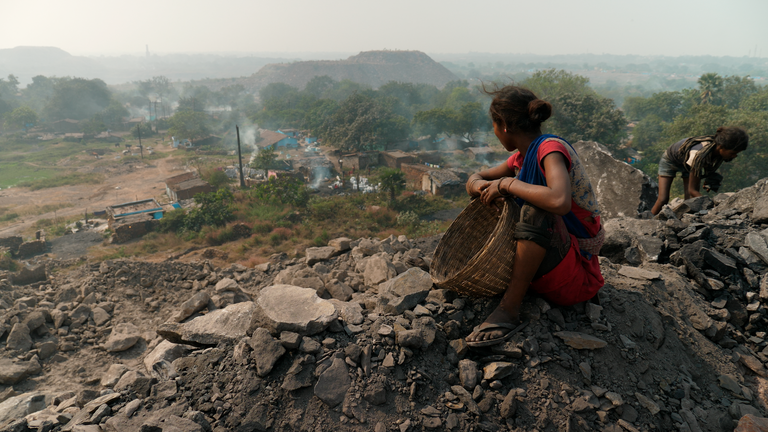
What’s happening is so extraordinary that at first it’s difficult to make sense of it.
We’re in a town called Jharia, in northeast India, standing on the edge of an Indian government mine site.
It’s about 9am and the air is already thick with choking coal dust that makes our eyes sting.
In front of us, there are about six bulldozers and tipper trucks whizzing fast, back and forth, dumping mine pit debris.
And there’s a little girl, barely 4ft tall, amid them all.
She darts and dodges around these enormous vehicles – at some points, she’s within inches of them.
Her name is Nandami and she is 10.
She’s carrying a wooden basket that’s almost bigger than her and she’s looking for coal.
Nandami is so tiny, so light on her feet as she twists and turns, that if what she was doing wasn’t so horrifying, you’d describe it as balletic.
But this isn’t a dance.
It’s a daily, dangerous risk.
And she’s not the only one here.
There are about 30 or so people – men, women and children – sifting through the remains of the pit rubble looking for coal.
They are local villagers and whatever they find, they will steal.
“We’ll take this coal home, wash it and prepare it to sell,” one man called Anil tells us.
He points to the large white sack at his feet, saying: “I’ll get about 50 rupees for a full sack.”
That’s equivalent to about 50p but with that money Anil and wife Chandar, who’s also here, send their three children to school.
“It’s really risky work but if we’re not here doing this, we can’t afford to buy food for us and the children,” she admits.
Chandar tells us she’s been doing this since she was nine.
“We want our children to go to school, so we’re here,” she shrugs.
This terrifying task is going on within plain view of the official miners who work here, who basically ignore them.
The police, the villagers tell us, sometimes come and chase them away but mostly they are undisturbed.
Everyone seems to tacitly accept that if this illegal mining was stopped, these families would go hungry.
Jharia, in Jharkhand state, is part of India’s coal heartlands.
Coal here is cheap, accessible and plentiful.
It also sustains the area’s poorest and most vulnerable.
Whether people steal it, sell it or use it for heating, coal is everywhere.
“Without coal this area cannot exist,” social activist Murari Sharma tells us. “These communities, their entire livelihood is dependent on coal.”
At the COP26 conference in Glasgow, India has set a pledge to hit net zero carbon emissions by 2070.
But it has not committed to a clear coal phase-out plan, even though COP leaders say that “the end of coal is in sight”.
We ask Murari whether a coal-free future is possible here, without sacrificing these communities.
He almost laughs: “The government can mine, or it cannot mine. But whatever the government do, these communities will do mining on their own.”
This is not to say that living in an area so dependent on coal is easy.
The air here is toxic, as the government’s open-cast mines and the villagers’ own coal fires fill the atmosphere with gas-filled fumes and coal dust.
The ground is black and soot clings to faces, clothes and lungs.
But even though the government has offered to relocate some of the villagers closest to the mine’s edge, they will not go.
Their proximity to coal is what keeps their families alive.
“Coal is the only way I can feed my family, otherwise we would starve,” a lady called Lacho Debi tells us.
“You can see how they are living, even in winter without extra clothes.
“What should I do first if we don’t have coal? Should I feed them or keep them warm?”
Subscribe to ClimateCast on Spotify, Apple Podcasts, or Spreaker
It’s a stark choice but a very real concern.
Without huge help, a coal phase-out here would place an unbearable demand on people who worry more about their family’s short-term survival than the global climate crisis.
Subscribe to ClimateCast on Spotify, Apple Podcasts, or Spreaker
For full coverage of COP26, watch Climate Live on Sky channel 525.
Follow live coverage on web and app with our dedicated live blog.
Get all the latest stories, special reports and in-depth analysis at skynews.com/cop26


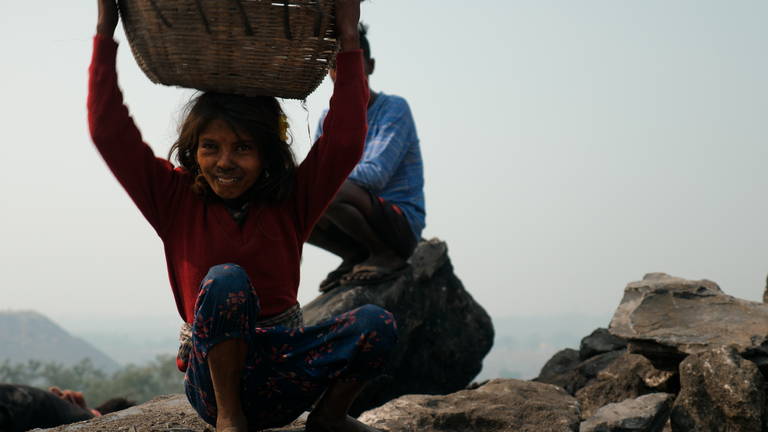
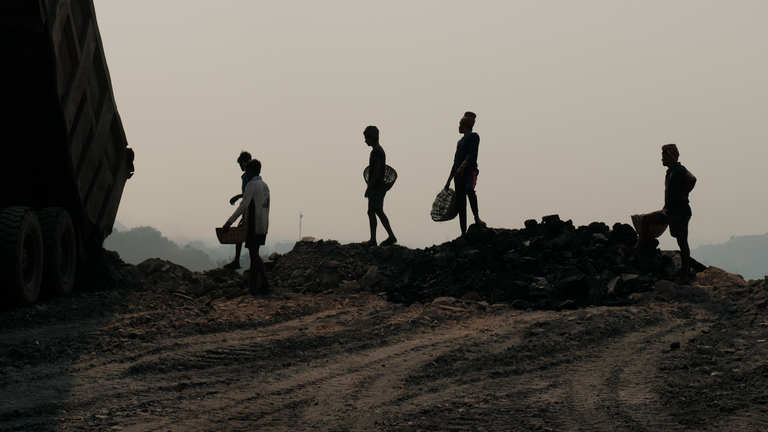
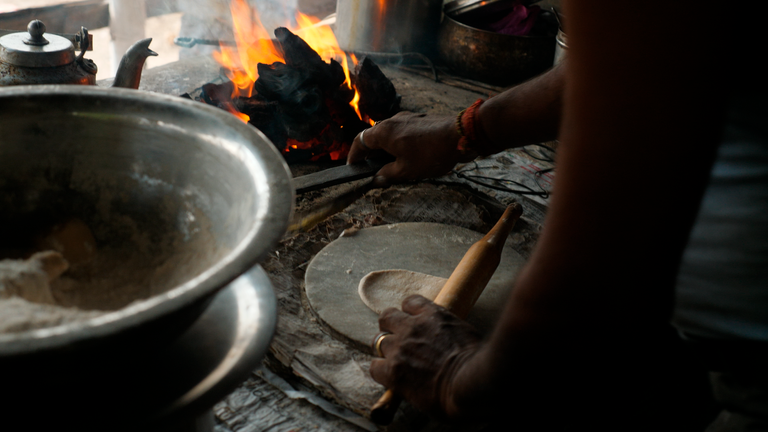

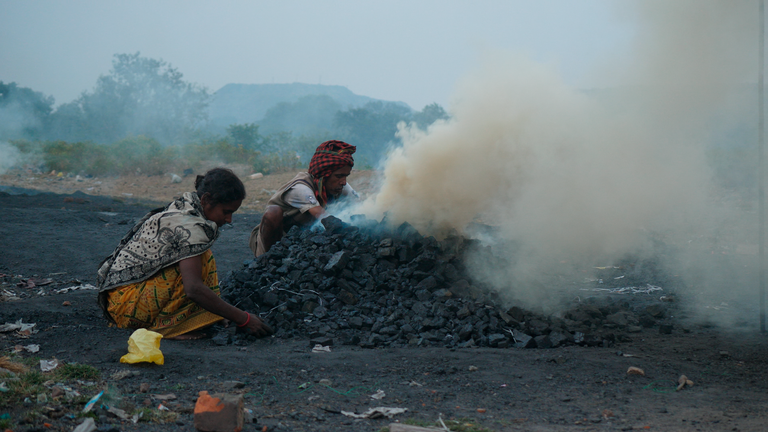
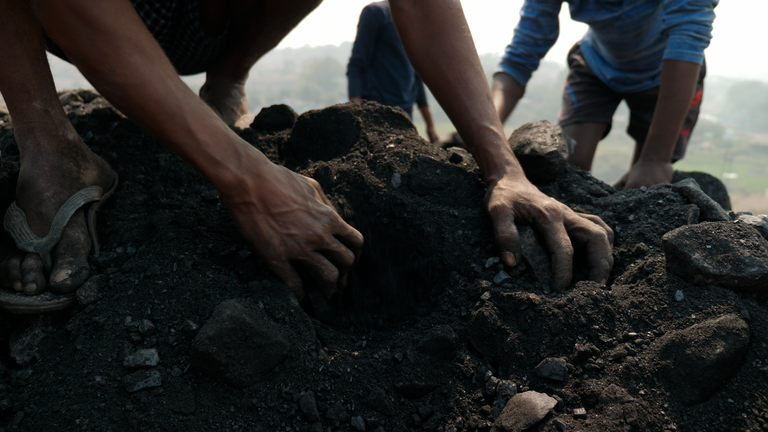
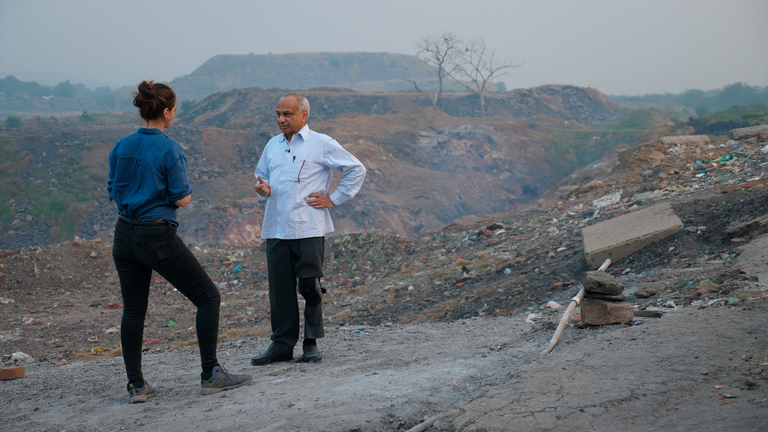
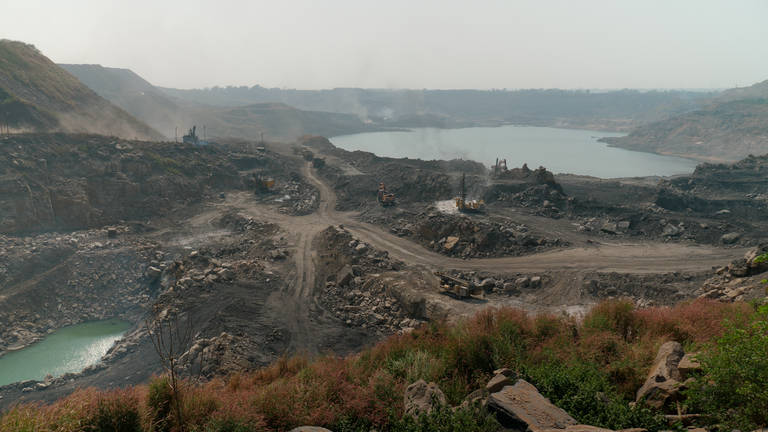






More Stories
Unlock Your Journey to Intelligent Wealth Management
Inspiring Change: Michael Bates Path to Entrepreneurship and Giving Back
Climate Token YES WORLD is now available for trading on top crypto change LaToken